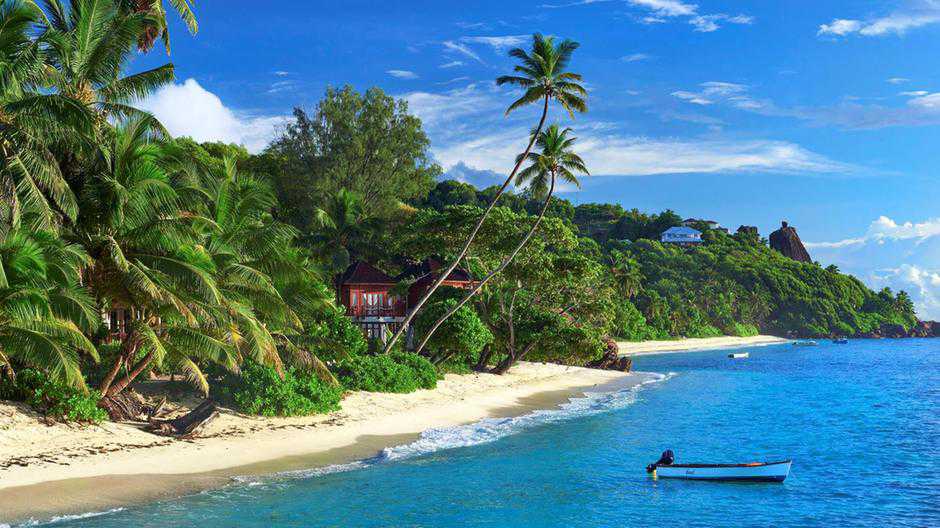Small island nations are struggling to recover from the pandemic, UN says
10 June, 2021

Small island developing states (SIDS) are facing an uphill struggle to get over the impact of the pandemic, which has deepened their monetary and economic vulnerabilities, based on the United Nations Conference on Trade and Development.
Last year was an exceedingly tough year for SIDS, which are in least 35 % more vunerable to external monetary shocks than other growing nations, Unctad said in its Development and Globalisation: Facts and Figures report on Thursday.
While these countries certainly are a different group, they share numerous socio-economic and environmental challenges and witnessed around 9 % decline within their gross domestic merchandise in 2020, weighed against a 3.3 % drop in other growing countries, the report stated, citing figures from the International Monetary Fund.
The economies of the 38 SIDS recognised by Unctad are largely dependent on travel and tourism. Spread across the Caribbean, the Pacific Sea, the Atlantic, the Indian Sea and the Mediterranean, these countries features many of the most preferred tourism destinations on the globe. In addition they include island countries with more created economies, such as Singapore.
Their reliance on the travel and leisure and tourism sector to earn foreign exchange earnings made them more susceptible to the Covid-19 pandemic, which tipped the global economy into its worst recession since the 1930s, forced border closures and severely disrupted the travel and leisure and tourism sector.
The world economy is bouncing back again and is likely to expand by 6 % this year, in line with the IMF. Even so, the tourism sector faces a more uncertain outlook amid second and third waves of the virus in parts of the world.
Revenue found in the global tourism industry fell 74 % year-on-year in 2020, leading to $1.3 trillion in misplaced export revenue. The sector is normally unlikely to recover to pre-pandemic levels until 2023, according to the UN Environment Tourism Organisation.
The economies of tourism-dependent island nations suffered around 70 % drop in travel receipts in 2020, which are “an essential way to obtain jobs and livelihoods", based on the Unctad report.
“Various SIDS have built strong provider economies [and] the service sector accounted for above 70 % of SIDS’ GDP on 2019,” the report said. “Typically, two in three people work in services in the island economies, half of guys and three in four females, often in jobs linked to tourism.”
Typically, exports of services contribute 25 per cent of SIDS’ GDP. These countries generally have an import surplus and almost half of their exports are from the travelling sector. Due to this fact, 24 of the 38 countries had a poor trade balance comprising more than 55 % of imports in 2020.
Their remoteness poses a significant challenge to their recovery, especially the most isolated Pacific island nations.
The countries' often weak, financially vulnerable institutions are also a obstacle to a return to growth.
“SIDS are being among the most indebted developing countries on earth,” Unctad said. “In 2019, external credit debt accounted for 62 per cent of their GDP - an archive high, mostly driven by raises in short-term debt and personal debt.”
Small Island Developing States or SIDS
Antigua and Barbuda
Bahamas
Bahrain
Barbados
Belize
Cabo Verde
Comoros
Cuba
Dominica
Dominican Republic
Fiji
Grenada
Guinea-Bissau
Guyana
Haiti
Jamaica
Kiribati
Maldives
Marshall Islands
Federated States of Micronesia
Mauritius
Nauru
Palau
Papua New Guinea
Samoa
São Tomé and Príncipe
Singapore
St. Kitts and Nevis
St. Lucia
St. Vincent and the Grenadines
Seychelles
Solomon Islands
Suriname
Timor-Leste
Tonga
Trinidad and Tobago
Tuvalu
Source: www.thenationalnews.com
